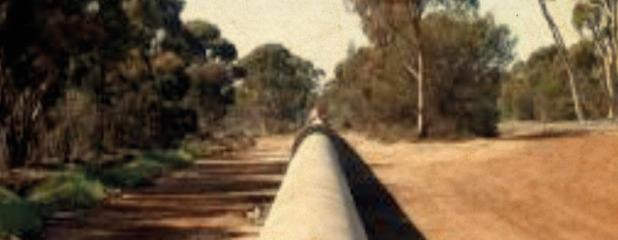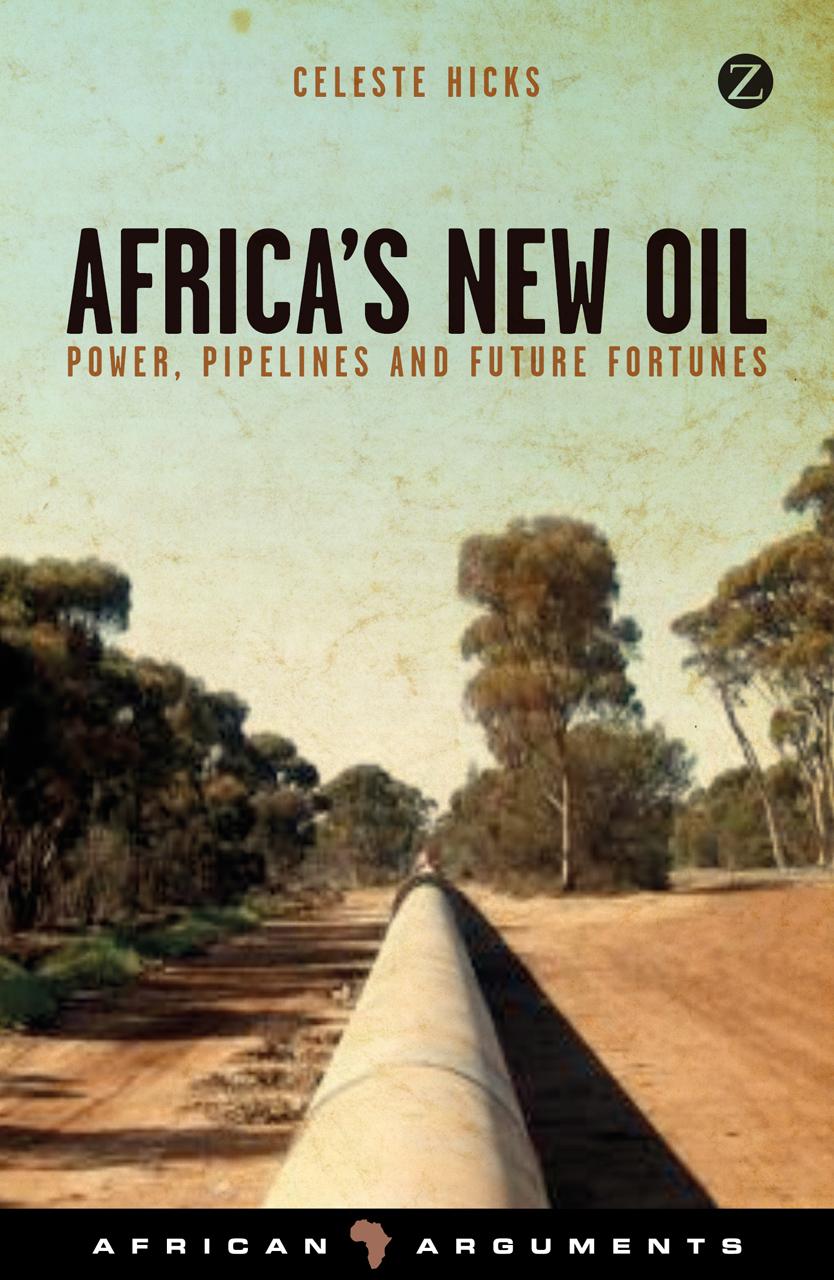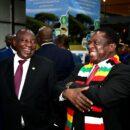Africa’s New Oil: power, pipelines and future fortunes – By Celeste Hicks. Profiled by Magnus Taylor

 Celeste Hicks is the former BBC correspondent in Chad and Mali and an editor on BBC Africa service news programmes. Her new book, Africa’s New Oil: power, pipelines and future fortunes is published by Zed Books. We met recently to discuss the book and some of the ideas within it.
Celeste Hicks is the former BBC correspondent in Chad and Mali and an editor on BBC Africa service news programmes. Her new book, Africa’s New Oil: power, pipelines and future fortunes is published by Zed Books. We met recently to discuss the book and some of the ideas within it.
Over the last four years, Hicks has written a number of articles for African Arguments that have examined developing national resource exploitation in the Sahel region, particularly Chad and Niger. These countries, along with Ghana, Uganda and Kenya, which also make an appearance in Africa’s New Oil, may not be globally renowned producers (or future producers) unlike, for example, Nigeria and Angola, but they exemplify a new trend in the world of African oil and gas; the smaller player where oil will become important in a diversified and growing economy.
When I meet with Hicks to discuss the book I am struck, in particular, by one thing she says: “There is so much oil around. The only factor in whether it comes out of the ground is how much money you can make out of it.” African countries are often at a disadvantage here, frequently suffering from insecurity, poor infrastructure and lack of refining capacity. Whether oil finds will be developed is closely linked with the global price, which is currently experiencing a high-profile dip. But as Hicks says, “of course the oil price will go up, it has to”, reminding us that it was as recent as 2009 that the world saw its last oil price crash, a result of the global economic crisis, which reduced it to levels comparable, and even lower, than present ones. She does, however, admit that “when I started writing the book a couple of years ago it was on the premise that everyone wanted to get their hands on African oil.” In the current climate it seems likely that some of this oil will remain in the ground for longer than anticipated.
For Chad, which is the subject of the book’s longest section and Hicks’ greatest area of expertise, the price fall in 2009 was disastrous, temporarily bankrupting the government, which was forced to go cap-in-hand to the IMF. A tangible consequence of the current price slump is the cancellation of the upcoming AU summit, which was intended to be held in Ndjamena in June 2015.
You could forgive international financial institutions for saying “˜I told you so’ at current budgetary struggles. Chad’s oil project gained a level of notoriety in the last decade when President Idris Deby decided to renege on the terms of a much-publicised World Bank project which funded an export pipeline to Cameroon. The deal sought to safe-guard the proceeds of the Chadian oil boom through a law guaranteeing that 80% of revenue would be spent on “˜priority sectors’ such as health and education.
The World Bank deal, however, fell victim to Chad’s internal politics – when rebels threated Deby’s regime in 2006 and 2008 it responded by rewriting the rules on how oil revenue could be spent, amending them to include “˜national security’. This turned the tide in favour of the government and Deby was able to buttress his position as leader. He is now increasingly seen as a competent strong-man in a region beset by terrorist threats from both the Nigerian insurgents, Boko Haram and the Al-Qaeda affiliate AQIM.
When Hicks returned to Chad again after a period away, despite some startling but mostly superficial changes to the capital city, Ndjamena, she commented that “ordinary Chadians could be forgiven for asking what benefit it [the oil] was to them” – the implication being that it had mainly been spent on keeping the current regime in power.
While Chad may be exhibiting some of the political characteristics of Africa’s traditional “˜oil giants’ – an economy closely controlled from the centre by an enriched, rentier elite – this may not be the pattern the new players. This is in part because they are likely to have much less oil. There may be a lot of the stuff still in the ground, but it is going to be harder to find and ultimately to extract. Anyone who has kept half an eye on African current affairs over the last 5 years will be familiar with news stories saying that one country or another is about to become the next big thing. But the reality is that production in Ghana (100,000 bpd), Uganda (predicted 200,000 bpd), Kenya (predicted 100,000 bpd) and Niger (20,000 bpd) – the four examples Hicks uses on top of Chad – is, or will be, dwarfed by that in Nigeria (2.4 million bpd) or Angola (1.7 million bpd).
What is interesting to examine in these smaller players is how each country is approaching the opportunity or “˜problem’ of oil. A year ago I visited Uganda and met with some of the same civil society activists and oil-focused journalists as Hicks. At the time I wrote that the prevailing feeling in Uganda was that “Oil is scary. But it also makes you rich.”
The term “the resource curse” appears repeatedly through the book which, at times I would have liked to have seen unpackaged a little more in each distinct location. But “˜resource curse’ is very much part of the vocabulary of the oil-focused civil society figure from Kampala to Niamey. Hicks says that she was particularly impressed by the growing strength of civil society, particularly in Kenya and Uganda. In Uganda she recounts how when oil was first discovered in 2006 “there was a huge campaign on getting oil laws debated properly” (which eventually took place). This, says Hicks, “was a big “˜earthquake’ for Museveni,” who had grown accustomed to getting his own way politically after over 2 decades in power . Getting good laws to govern the oil industry motivated civil society to do some successful work.
In general, Hicks says that she is impressed by the level of debate generally taking place in these “˜new’ oil producing countries. However, the key question must be: Is any of this talk going to make a difference – will the new oil producers use their new-found wealth judiciously, spend wisely and save for the future? As the Chad example well-exemplifies and as Hicks says “political expediency often trumps “˜economic theory’ of what to do with oil money.”
Magnus Taylor is editor of African Arguments.






